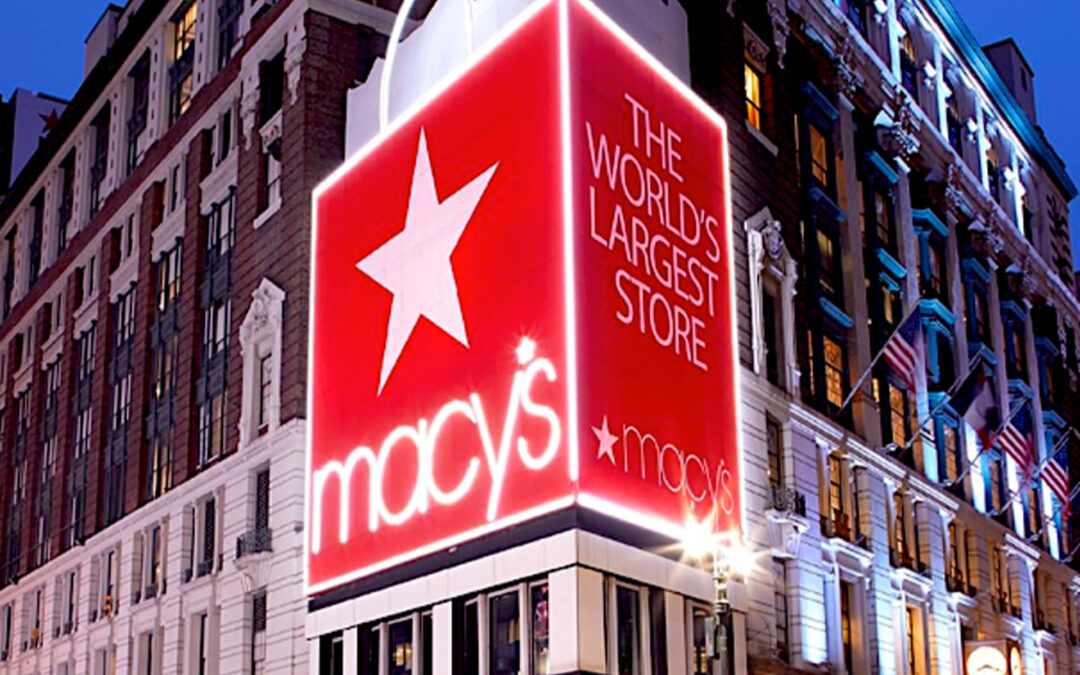The IBM Institute for Business Value annual global holiday shopping and travel report indicates consumers worldwide are ready to celebrate the holidays again and will be shopping earlier than in years past. The report also reveals economic and political issues will have an impact as new risks and uncertainty affect plans.
The study found that 2022 shopping budgets are up 8% over 2021, and holiday travel budgets are up by almost half, according to IBM. However, factors including inflation and related price increases have made economic concerns top of mind this holiday season. Although 59% of consumers surveyed said they would be less concerned about COVID-19, two in three said they would be more concerned about the economy, and 59% of respondents said they were concerned about supply chain disruptions that could make holiday shopping more difficult or more expensive.
As pandemic worries lighten, IBM pointed out, consumers are looking to get back to their normal habits while still mitigating any risks, especially those associated with potential price volatility due to inflation and fluctuating gas prices. The study found that average travel demand will jump by 9% during the holiday season, and it determined that 78% of consumers surveyed plan to purchase tickets for air travel before October, at 61%, or in October, at 17%.
Back home, almost seven in 10 respondents surveyed would opt for brands or retailers that offer free cancellations, order changes and returns, as well as a COVID-19-safe environment this holiday season. The study findings seem to indicate these perks are often worth the price because of the continued worries about supply chain and product availability this season.
In addition, the study indicated that:
- Uncertainty about inflation, gas prices and supply chain is driving consumer plans.
- Almost half of consumers surveyed will spend less if inflation continues to drive price increases, with more than 60% saying they might cut the non-essentials such as apparel, footwear, jewelry and accessories.
- If goods are not available because of supply chain issues, 41% of respondents said they would spend less but 30% would spend more if they can find substitutions readily.
- Early shopping is in, with 58% of consumers surveyed planning to start holiday shopping before November versus 44% last year.
- If gas prices moderate, 35% of consumers surveyed will do more in-store shopping.
- Almost two in three consumers intend to pre-order this holiday season to get their products on-time with guaranteed prices.
Certain ongoing considerations such as sustainability remain important to consumers despite economic hardships, IBM maintained. Some 73% of respondents said they would have sustainability in mind when holiday shopping and 29% would bundle multiple orders to help reduce carbon emissions. Beyond that, 38% said they would avoid single-use plastics, and 42% said they would shop nearby while 41% said they would buy products branded as being environmentally sustainable or socially responsible. Notably, respondents surveyed said they were willing to pay an average premium of 41% for sustainable products, 34% for sustainable air travel and 37% for sustainable lodging this holiday season.
“As more consumers align their purchases with their values, retailers and brands that can provide more environmentally-friendly options could potentially earn a greater share of holiday spend,” said Karl Haller, Partner, consumer center of competency leader, IBM Consulting.
Haller also noted that “consumers are hoping to re-embrace holiday traditions they’ve had to alter for the past two years. They’re starting their shopping and travel planning earlier but also want to hedge their bets with options like free returns or cancellations. To adapt to these changes in consumer behavior, retailers will need better visibility and traceability across product inventory, fulfillment and returns. AI can help them understand, prioritize, and resolve critical issues in real-time.”





